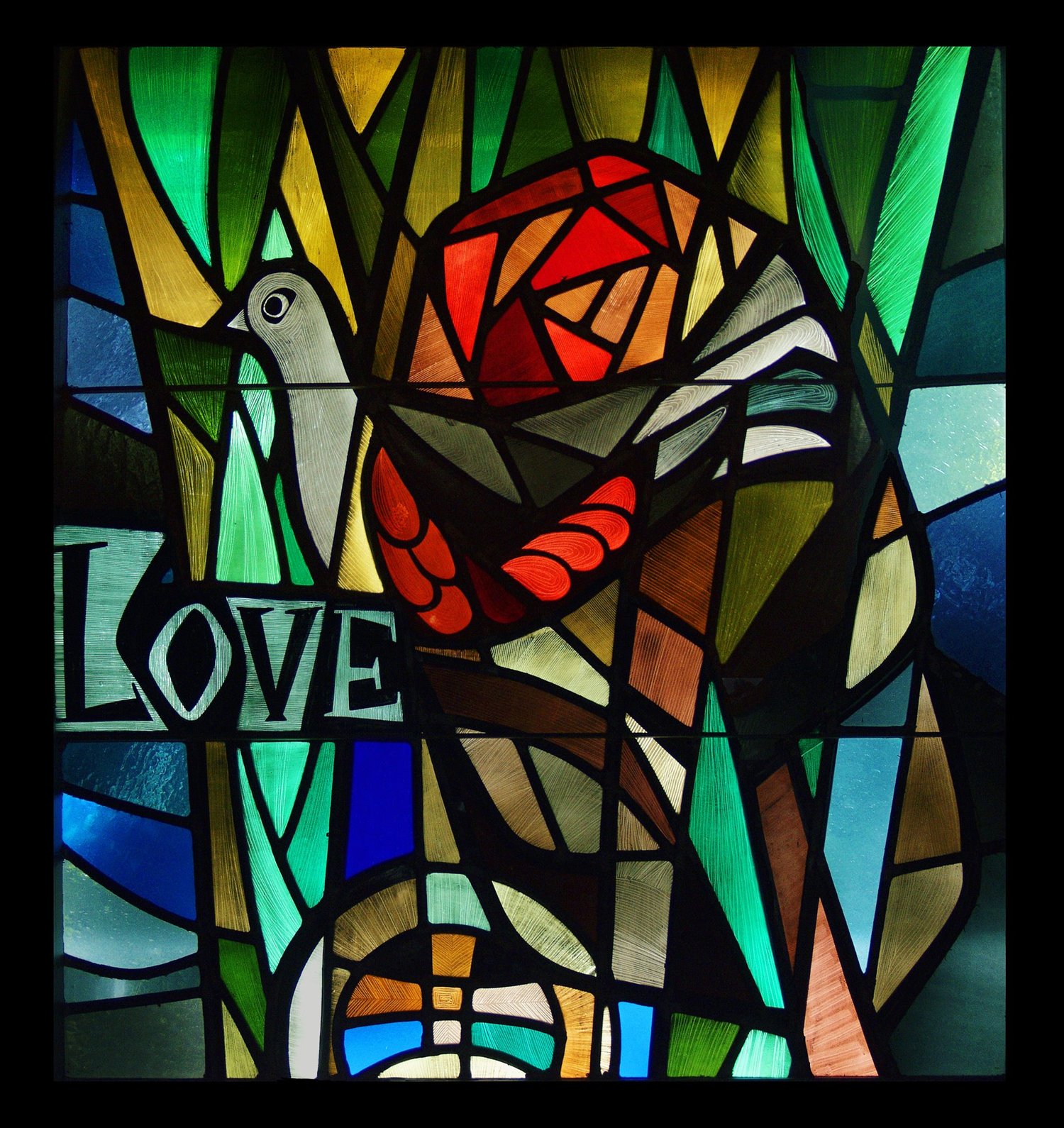Thoughts from Our Bridge Pastor
Rev. Barbara K. Peronteau
There are two events coming up sponsored by the Faith Formation Team. By the time this comes out in the Parishscope, the first event might already be in the rearview mirror. But then again there’s always next month.
On Friday, the 13th, Poetry Night will meet, followed a week later on August 20 by the Lectio Divina. Both will be at 4 PM and on Zoom. Look for the links elsewhere in the Parishscope, ACC Events, and the web-site. I’m thinking there might be a few of you wondering about the connection Poetry Hour has with our faith. Well, I’m glad you asked because there is a connection. Allow me to connect the dots.
Our faith does not exist solely from what we read and experience within the pages of the Bible. To be sure, as Christians, the Bible has a great deal of influence about who we are as people of faith. (Sacred scripture is also important to our Jewish and Muslim cousins.) There is a lot of Biblical imagery, morals, ethics, and wisdom that are very important to my daily living.
We moderns, have done a number on our Sacred Word though. Since the Enlightenment we have treated the Bible the way we might treat an engineering text book, or an accountant’s binder full of government updates. We look at every word and we want to say that word means this and this word means that.
Personally, I find great value in Biblical word studies. My issue with heretofore Biblical scholarship is translation and interpretation. Finding out that a word has been mistranslated will send me into a rant and a whole new and more inclusive interpretation. While there is some value there that’s not the only way to do Biblical interpretation.
The Bible was written from the heart. Their inspired by God heart. The Biblical writers wrote from their human experience, embracing those places where the whole spectrum of humanity connects with the holy and divine, and where the holy and divine embraces humanity. It’s there at the junction of God and us where Biblical interpretation is at its best. Whether their words were prose or poetry they wrote with the heart of a poet.
According to Pelagius (360 – 420) there are (at least) five areas we find sacredness: the human soul, nature, spiritual practice, wisdom, and compassion. Pelagius begins with the human soul for that is the cradle where our awareness to all other sacredness begins and resides.
Both, Poetry Hour and Lectio Divina are designed to stir the soul and shake out the cobwebs. Poetry speaks from the heart to the heart. It reminds us we have a heart and soul that were first declared very good by God. Our heart and soul is that place where we meet God’s Original Grace and Original Blessing showered upon us. It’s the place where God and me and we connect. Our souls are stirred and a sacred grin comes upon our souls as we meet God yet once again.
Peace and wonder,
Rev. Barbara K. Peronteau


